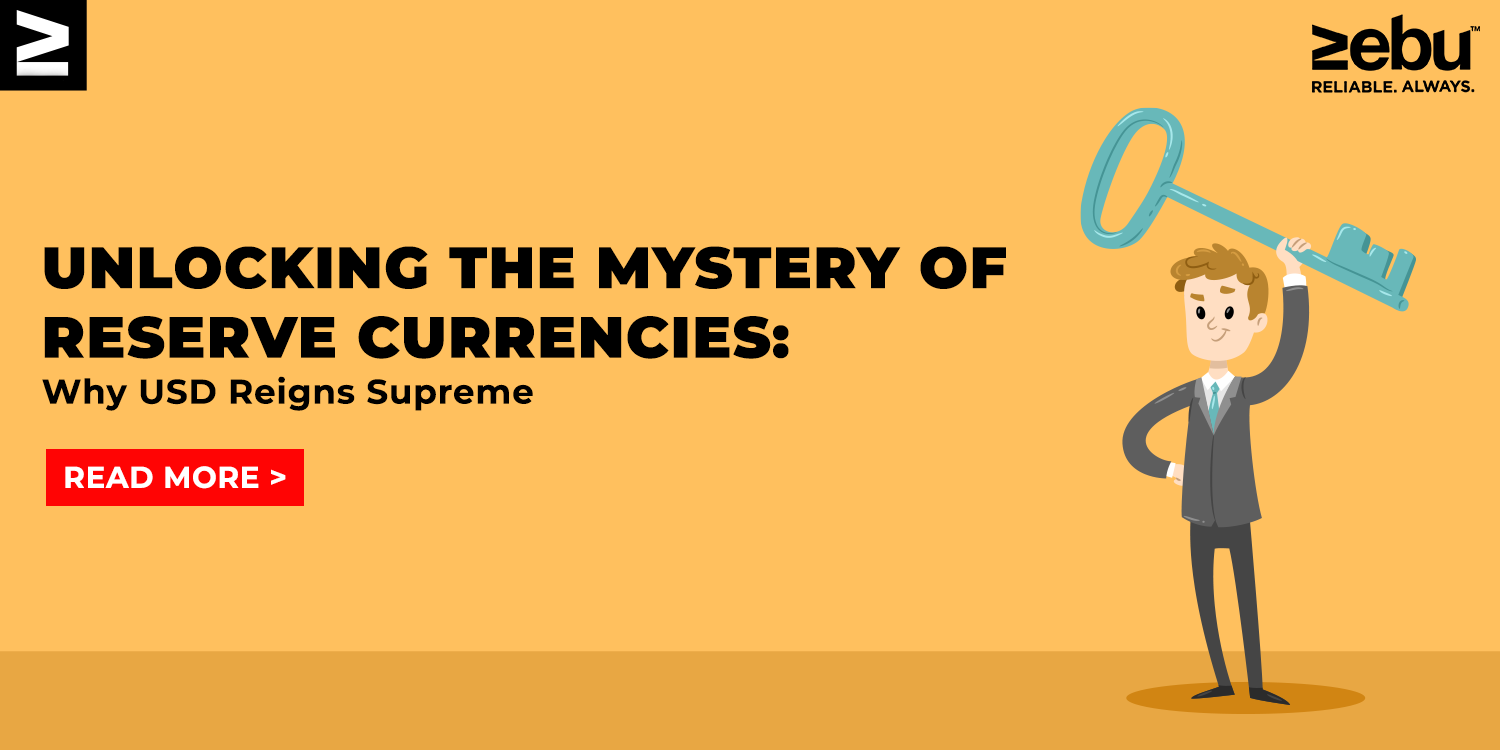
The United States dollar (USD), which accounts for more than 60% of all international transactions, is often regarded as the world’s reserve currency. The USD is the world’s reserve currency, but why?
US economy size and stability: The US economy is the biggest and one of the most stable in the world. The USD has gained confidence due to its size and stability, making it the currency of choice for international trade and investment.
As the standard for all other currencies, the US dollar: The US dollar is frequently used as a reference price in international trade, including the cost of commodities like gold and oil. This increases the demand for the currency because the value of numerous items is now stated in USD.
The US’s status as a worldwide powerhouse: The US, one of the most powerful nations on earth, is sometimes referred to as a global superpower. The nation is a dominant force in the world, and this supremacy is reflected in the value of the country’s currency.
The US Federal Reserve is present and is regarded as one of the most powerful central banks in the world. The US Federal Reserve is the nation’s central bank. The Fed has a huge influence over the world’s financial markets, and its decisions may have a substantial impact on the US dollar’s value.
International trade: Many nations utilise the USD as a means of exchange for trading with one another, making it a common currency in this sector. Because of this rising demand, the USD is a favoured currency for many companies and investors.
A number of variables might affect the link between the value of the Indian rupee (INR) and the value of the US dollar (USD).
Balance of Payments: The exchange rate between the INR and the USD can be significantly influenced by the US-India bilateral trade balance. If India has a trade surplus with the US, it signifies that its exports are outpacing its imports, which will cause the value of the INR to rise in relation to the USD. On the other side, if India experiences a trade deficit, the INR would weaken.
Interest rates: Differences in interest rates between India and the US may have an effect on how much one currency is worth in the other. The INR may appreciate if interest rates in India are greater than those in the US because higher interest rates may draw in foreign capital. The INR, on the other hand, may depreciate if interest rates in the US are higher.
Political stability: The exchange rate between the INR and the USD is significantly influenced by political stability. Political stability may boost investor confidence and cause the INR to appreciate, whilst political instability might cause the currency to depreciate.
Inflation: Both US and Indian inflation can affect how much the two currencies are worth. The INR may depreciate if India’s inflation is higher than the US’s, while it may appreciate if India’s inflation is lower.
Economic growth: The pace of economic growth in the US and India may have an effect on the USD/INR exchange rate. The INR may appreciate if India’s growth rate is higher than the US’s, while it may depreciate if India’s growth rate is lower.
As a result of a number of factors, including the size and stability of the US economy, its status as the global standard for currencies, the US’s status as a superpower, the existence of the US Federal Reserve, and its widespread use in international trade, the USD has emerged as the world’s reserve currency. The dominance of the USD as a reserve currency has wide-ranging effects on the international monetary system and the world economy.
